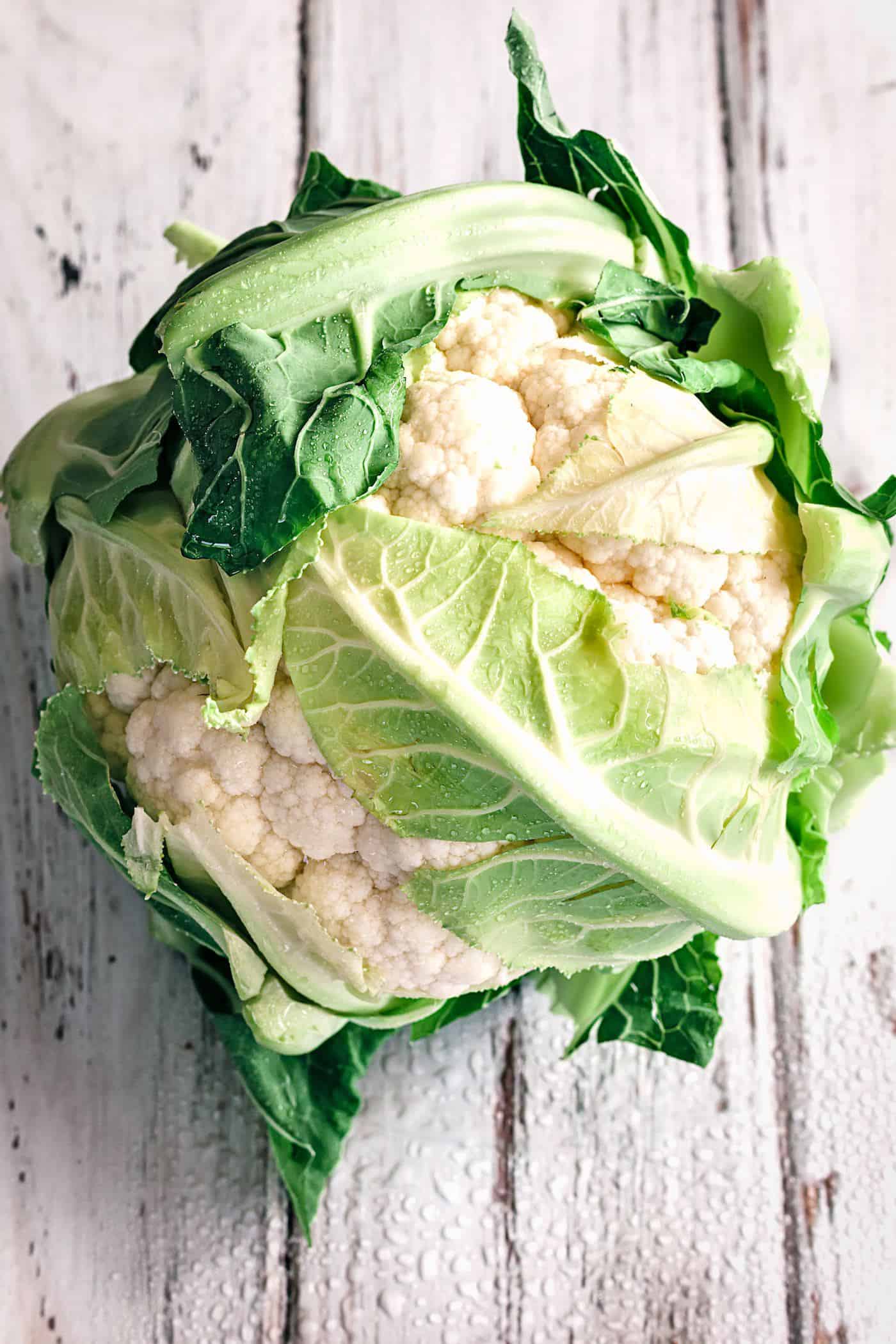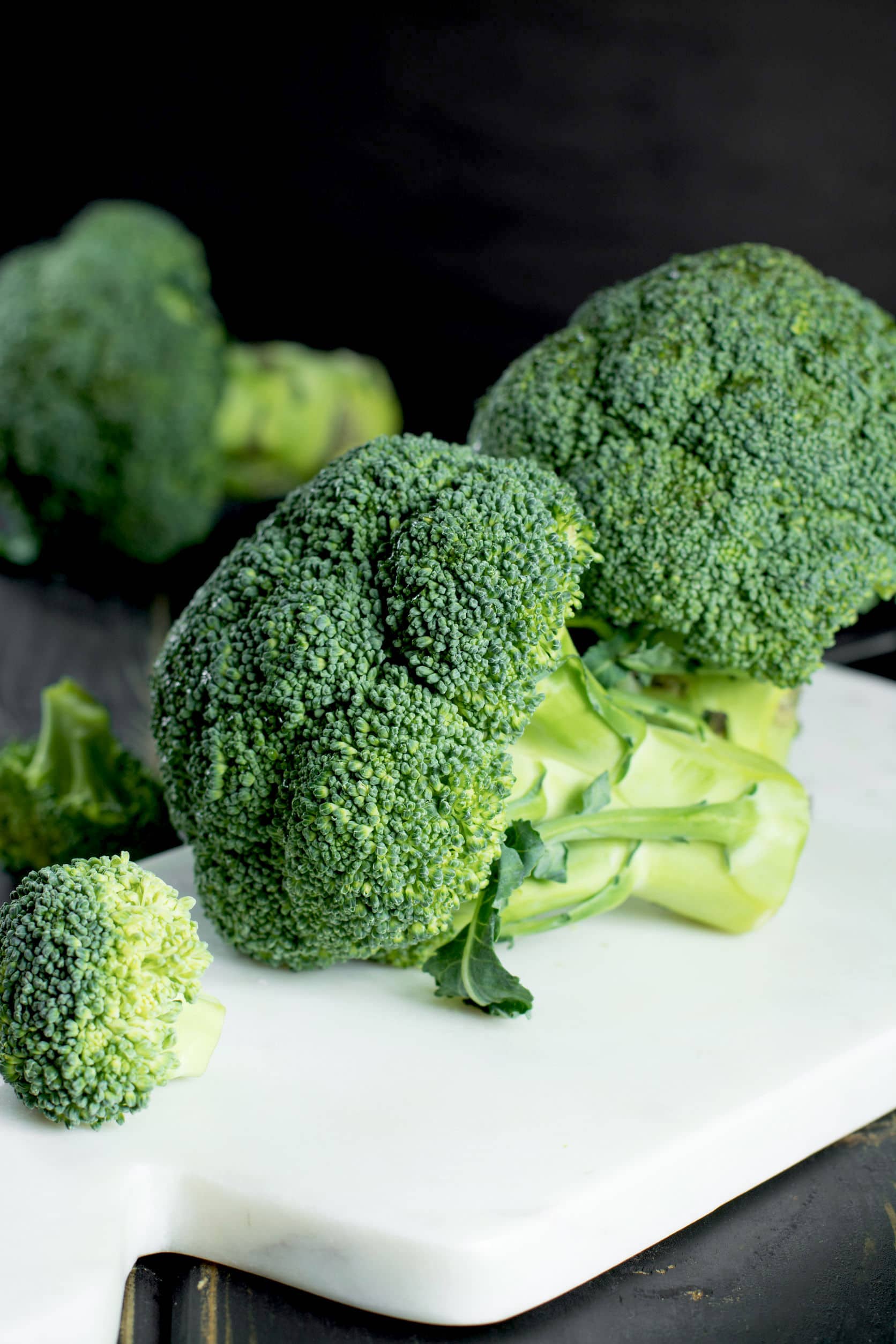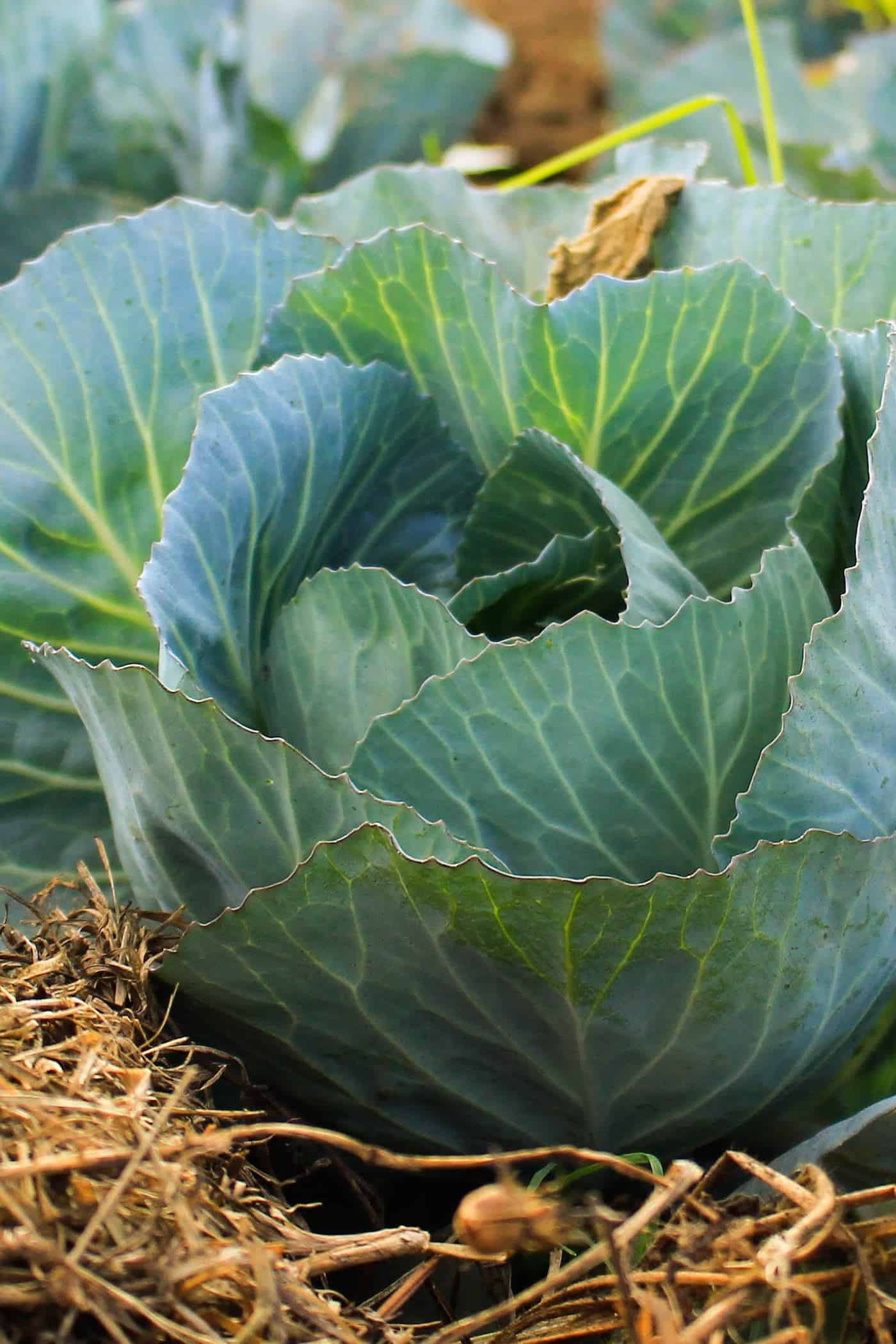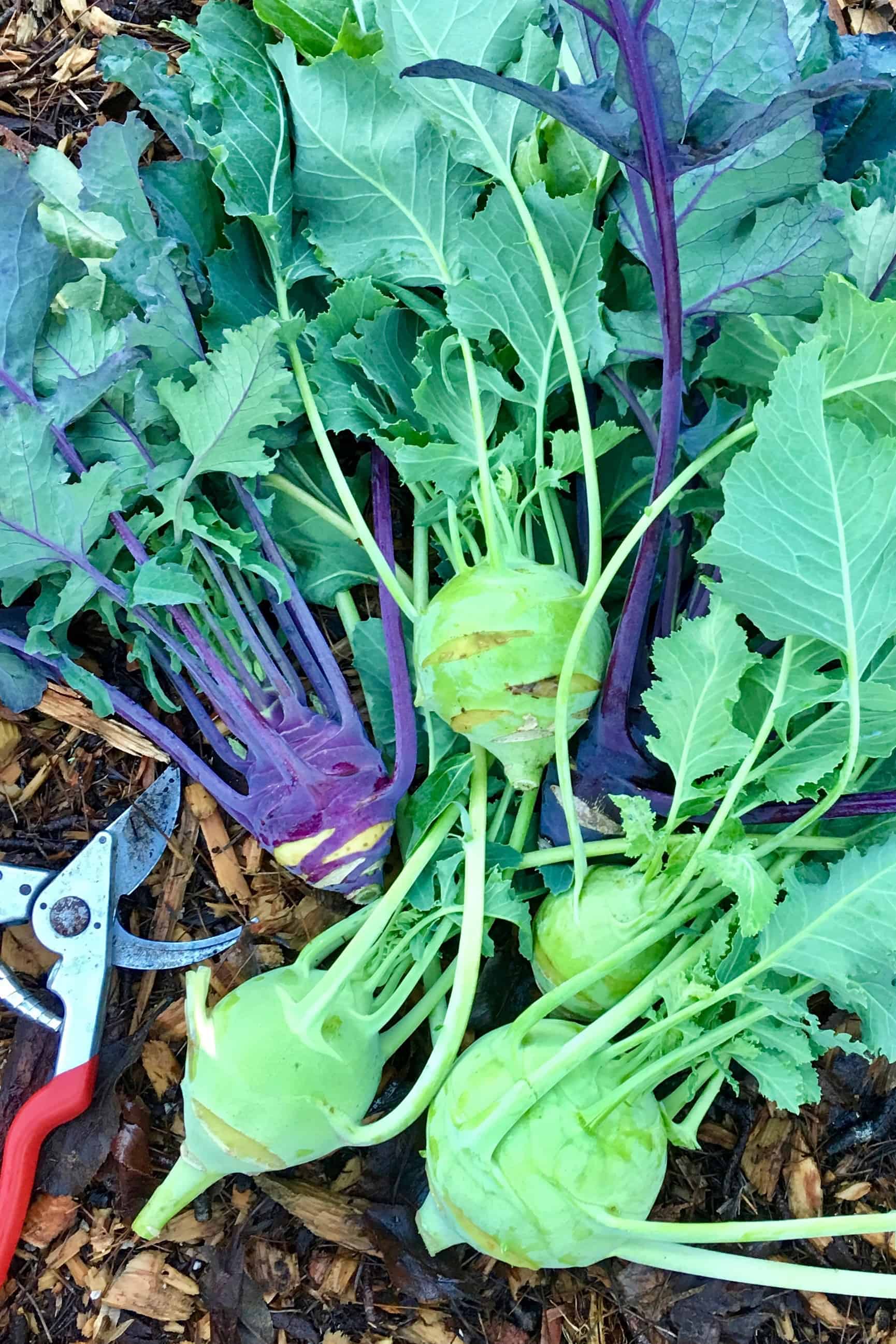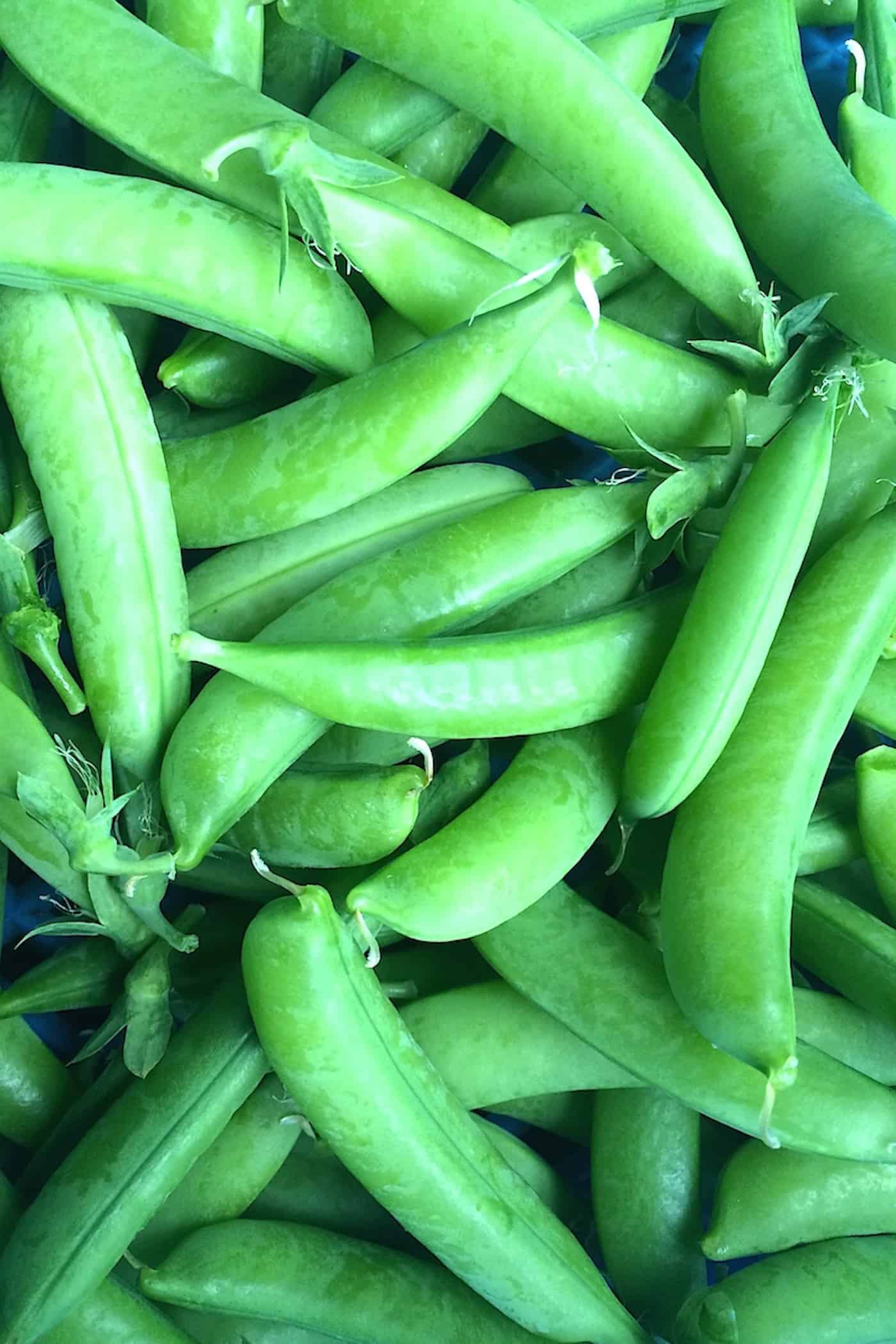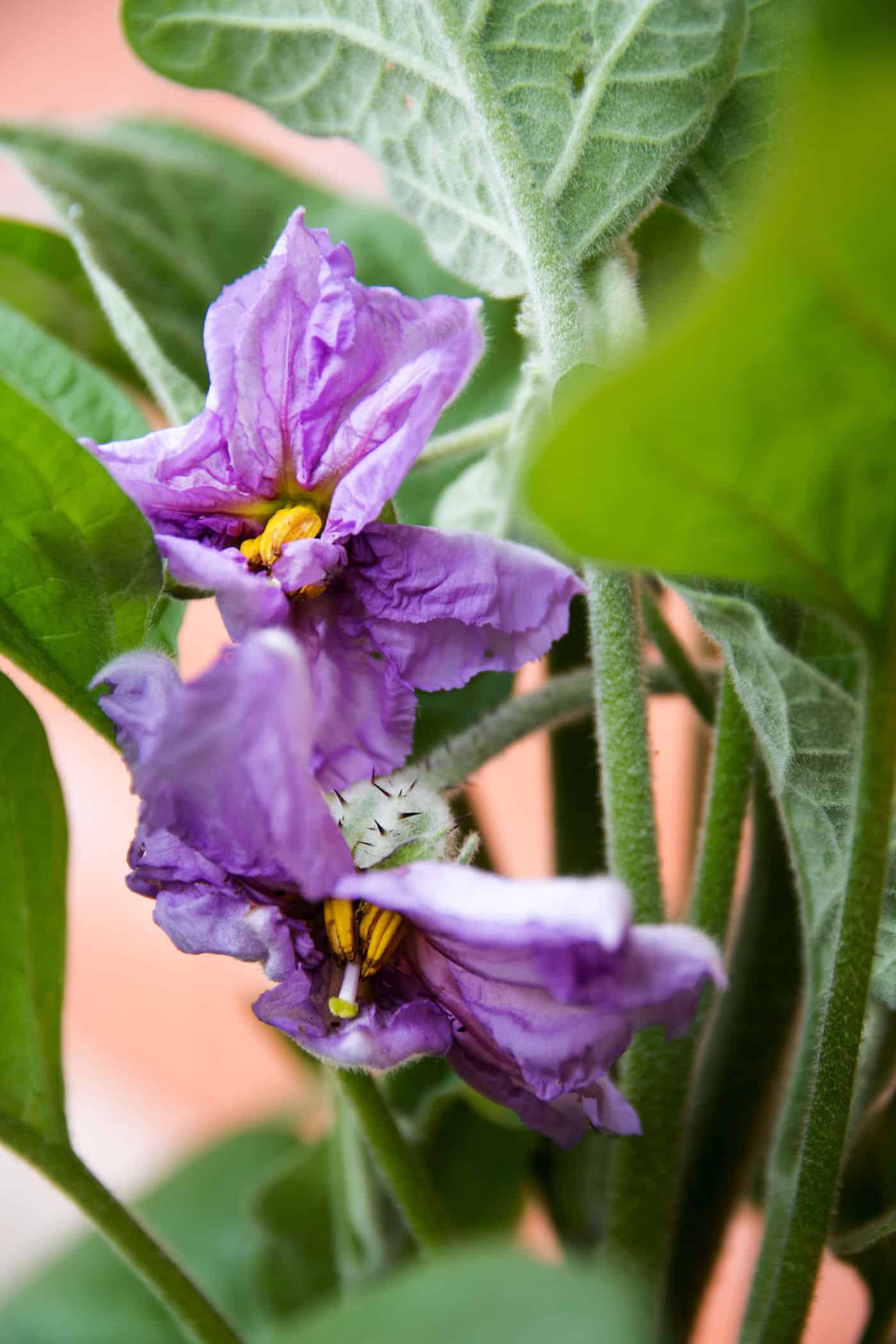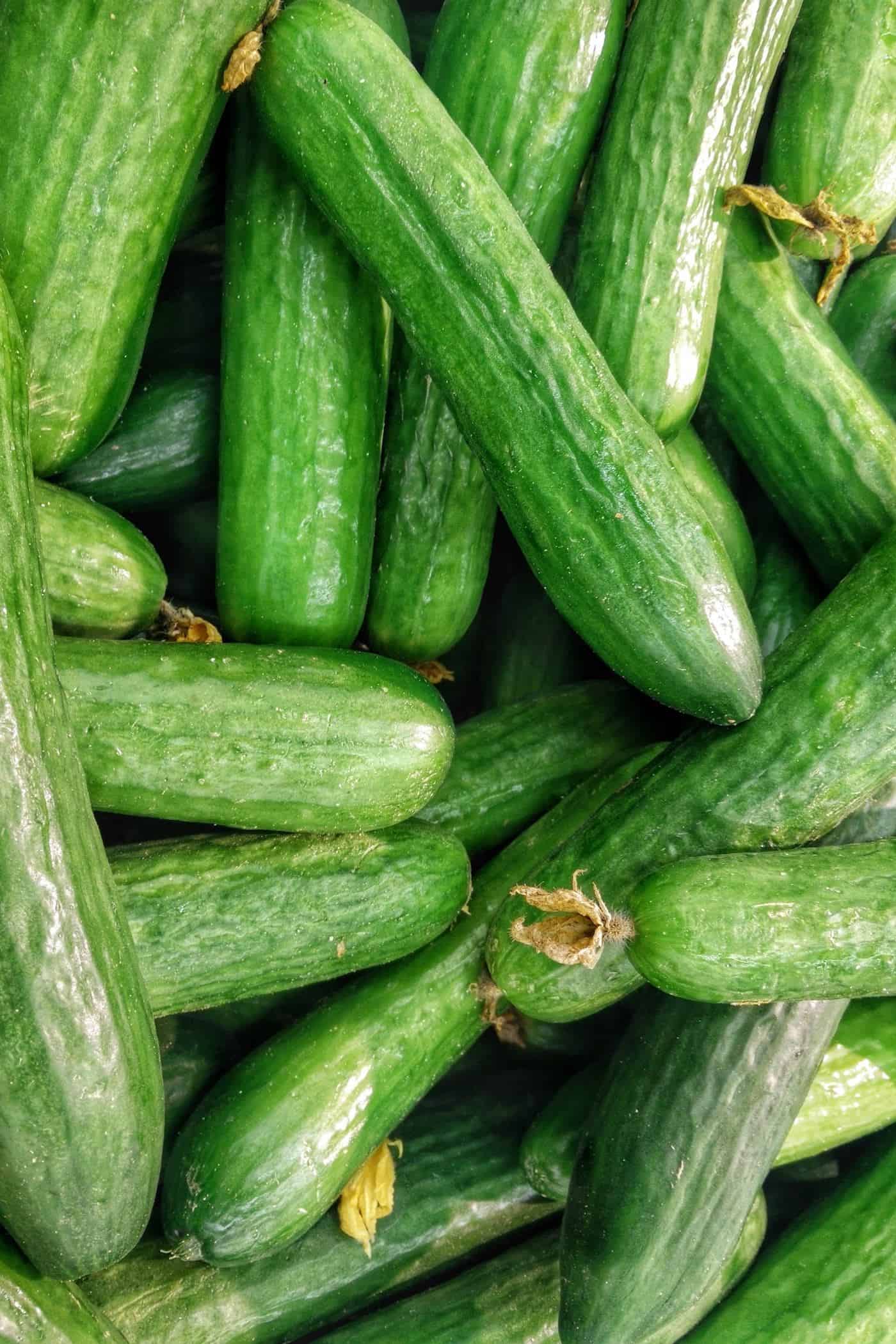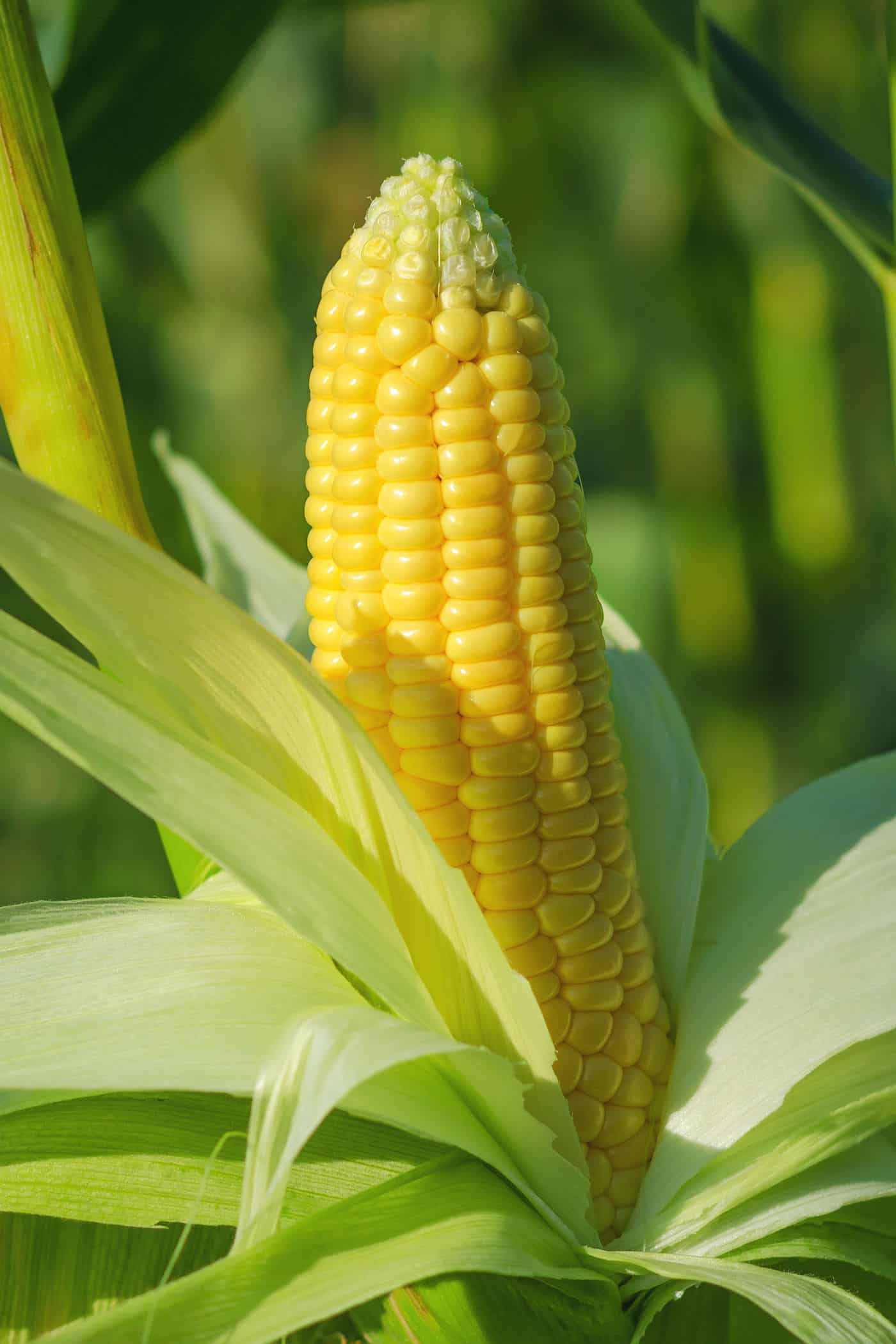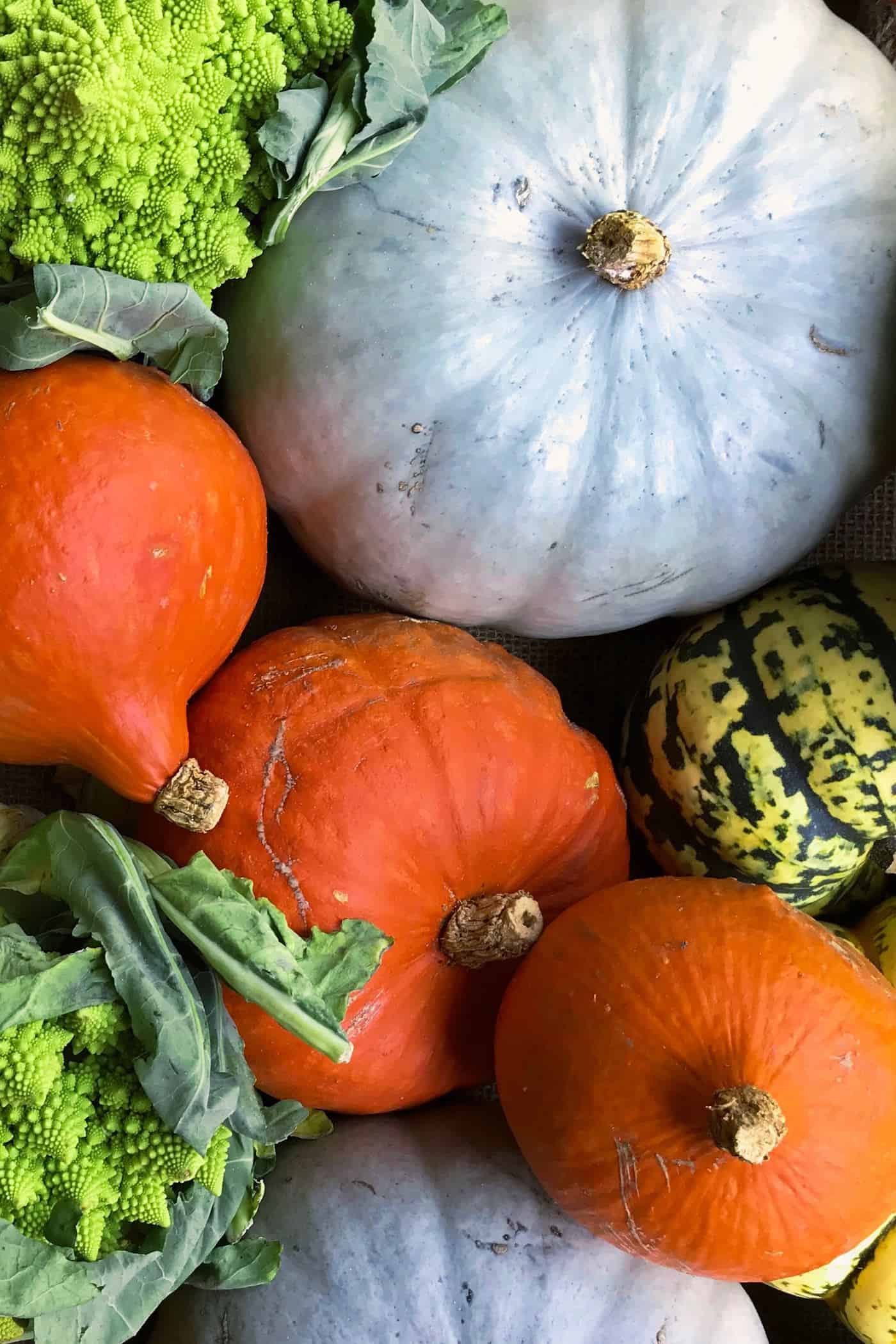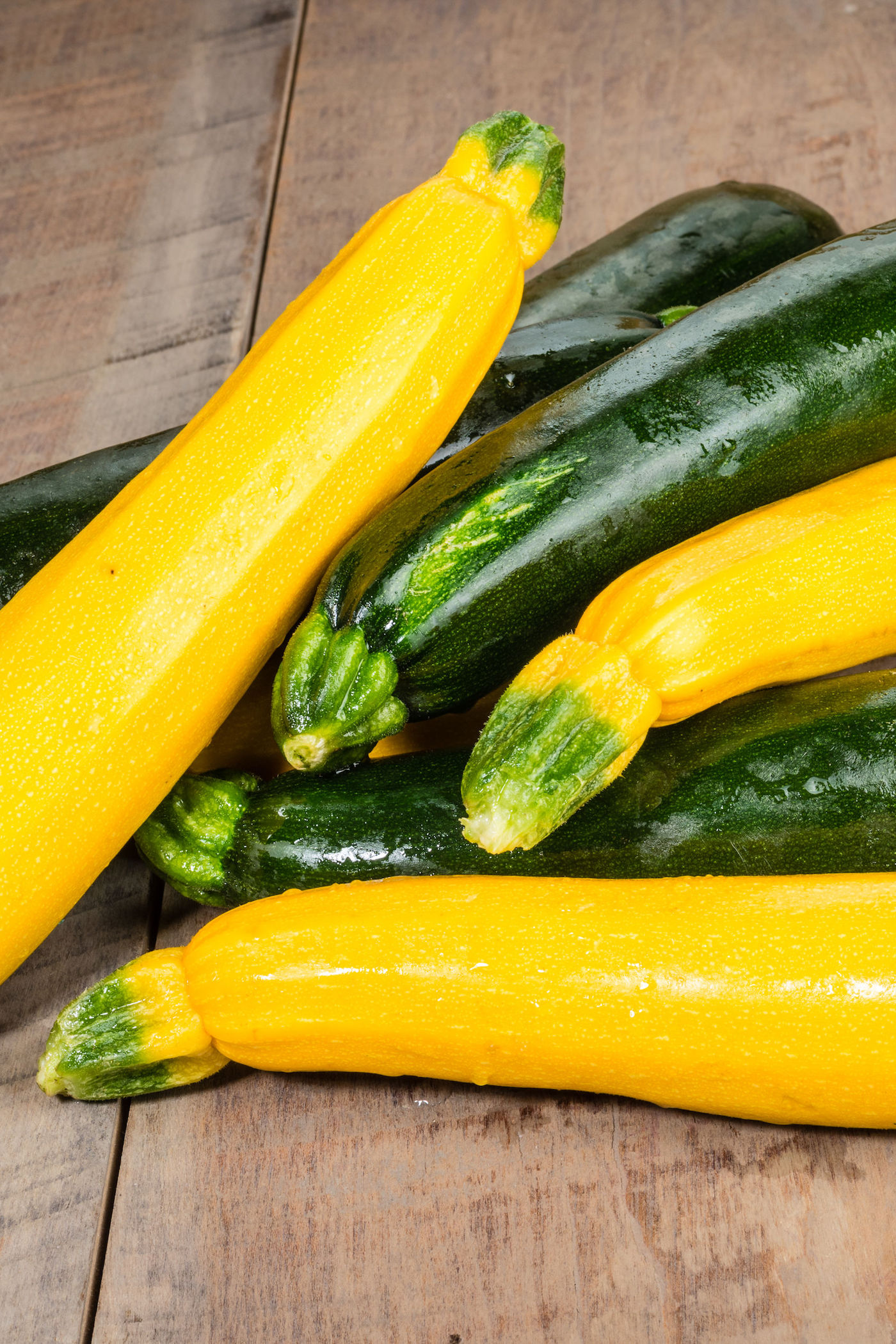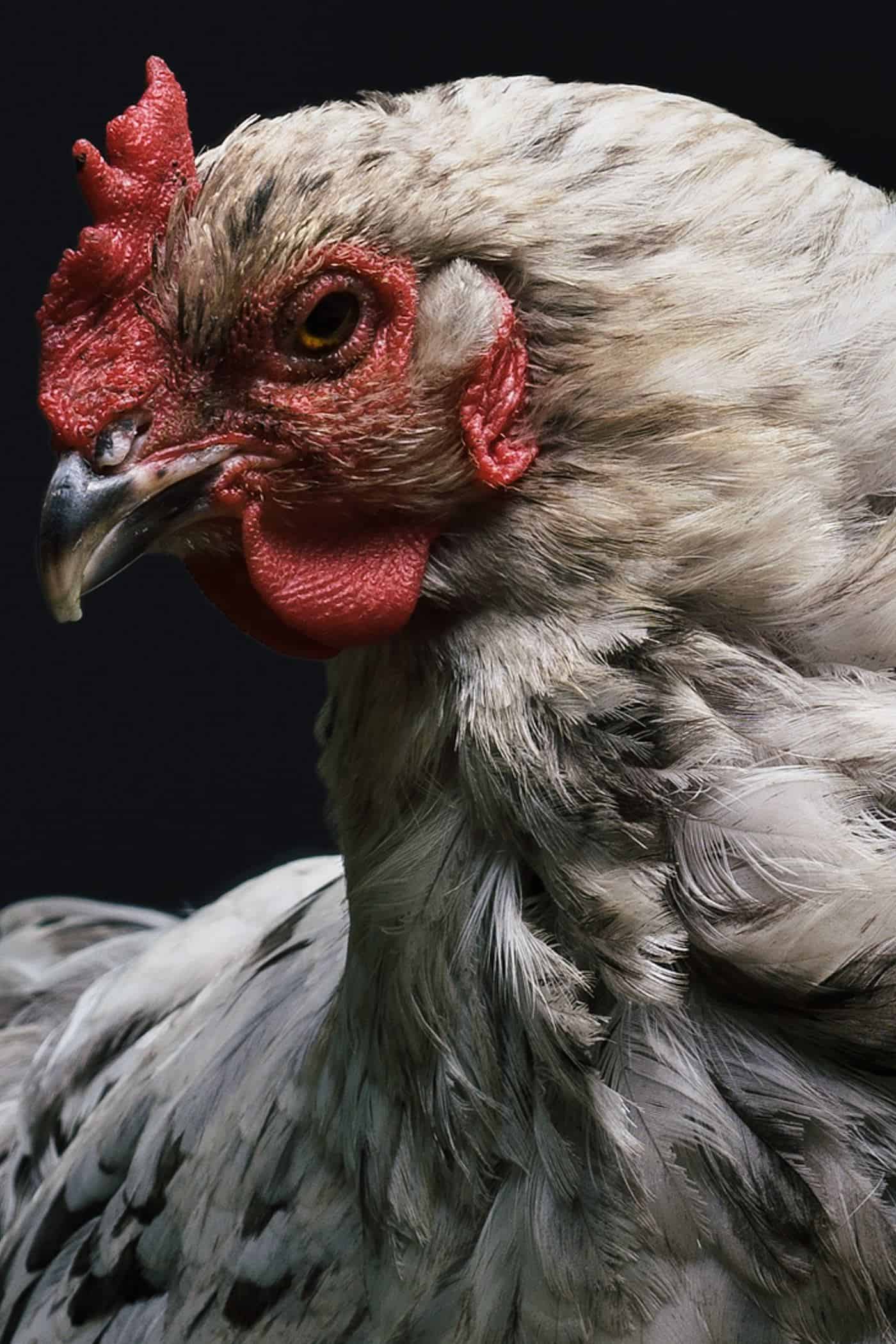
Events Search and Views Navigation
February 2024
Start Spring Cauliflower From Seed
Erica's Notes Cauliflower is like the Goldilocks of the Brassica family. She wants everything just right - not t0o cold, not too hot, not too wet, not too dry. If you are a new gardener, I recommend that you start with Romanesco (that's the cool green cauliflower with the amazing spiral patterns). Although it looks like a super-specialty vegetable, my experience is that Romanesco is actually easier to grow than the standard white cauliflowers in spring. Start Cauliflower under lights…
Find out more »Start Spring Broccoli From Seed
Erica's Notes Somewhat more challenging than kale, collards, or cabbage, broccoli is still a fairly easy crop in the mild climate of the Maritime Northwest. Only very occasionally do our summer temperatures get a bit hotter than broccoli prefers, and spring and fall weather naturally suits broccoli very well. Start Broccoli indoors from mid-February to mid-March and plan to set 4 to 6 week old plants out in late-March or April. In Spring, opt for supermarket-style heading broccoli (also called…
Find out more »Start Spring Cabbage From Seed
Erica's Notes Like almost all brassicas, cabbage thrives in the Pacific Northwest. Although we think of cabbage as a sturdy, workhorse type crop, remember that it is a leaf crop, and therefore needs a soil fairly high in nutrients to perform at its best. Cabbage can be grown literally year-round in this region, but certain varieties are best suited to growing at certain times of year. For spring plantings that you will harvest in summer, select a fast-maturing or early…
Find out more »Start Spring Kale From Seed
Erica's Notes Kale is probably the easiest crop you can grow in the Pacific Northwest. There are also many varieties and leaf shapes, colors and flavors, so this is fun crop to play around with - and success is practically assured. I typically start between a half-dozen and a dozen kale plants in mid-February, and transplant 4 or 5-week old seedlings out in mid to late March. Like most cold hardy brassicas, kale tastes best when the weather turns chilly, so…
Find out more »Start Spring Kohlrabi From Seed
Erica's Notes Kohlrabi performs best when it matures into cool weather, and it's easiest to grow this crop for fall harvest. However, since kohlrabi is a family favorite, I try to grow both a spring crop and a larger fall/winter crop Crowded kohlrabi doesn't bulb up properly, so transplant seedlings to 6-inches apart in an 18-inch wide row, or in an offset grid with plants 8 or 9-inches apart in all directions. Harvest spring sown kohlrabi promptly after it sizes…
Find out more »Sow Spring Peas
Erica's Notes George Washington’s birthday (2/21) is the traditional time to sow peas. If the soil has warmed up and isn’t waterlogged, and if you didn’t sow peas indoors, the end of February is a good time to get them in the ground. If the soil still seems really cold and wet where you are, wait a few more weeks. Pretty much all peas grow well in the Northwest. I focus on Sugar Snap types. Additional Information How To Grow…
Find out more »March 2024
Start Eggplant From Seed
Erica's Notes In the Maritime Northwest, you'll have the best luck with thin, Asian-type eggplant. The big chunky Italian type won't produce as well. More sensitive than tomatoes or even peppers, cold nights make eggplant sulky. Don't rush seed starting earlier than late March unless you're prepared to up-pot into gallon-size pots. Transplant out at about 8 weeks in late May or early June or when overnight temps are firmly into the mid-50s. Eggplant benefits from all the season extension…
Find out more »Start Cucumber From Seed
Erica's Notes You can totally start the cucurbit family plants inside. You don't have to - but you can. I do it all the time. Here are the tricks for starting any cucurbits under lights where slugs won't eat them the minute they germinate: Start them in a generous sized pot or soil block. A 2-inch pot for cucumbers is good. Larger seed? Larger pot. Seed them about 3 weeks before you’d direct sow them. Don't push it. These are fast…
Find out more »April 2024
Start Corn From Seed
Erica's Notes Corn is a heat-loving summer crop that needs gobs of fertility, but otherwise it's not particularly picky. Although typically direct sown, corn transplants easily and, since it will grow at lower temperatures than it will germinate, starting corn seedlings under lights can move your corn harvest up by several weeks or a month. One drawback to starting corn under lights is that you need a block of at least 16 corn plants for reasonable pollination, and more is better. That…
Find out more »Start Winter Squash From Seed
Erica's Notes Winter squash is pretty easy to grow. Just remember it's still a heat-loving summer plant, despite the name. Don't select super-long-season varieties and you'll probably be pretty successful. Direct seed if you want, or start under lights where slugs won't eat them the minute they germinate. Standard cucurbit advice applies: Start them in a generous sized pot or soil block. I use a 4-inch pot for most winter squash. Larger seed? Larger pot. Really huge squash like hubbard have…
Find out more »Start Zucchini and Summer Squash From Seed
Erica's Notes Zucchini is famous for being so easy to grow people dump it on neighbor's porches in August and run away. The typical Northwest lack of summer heat that can make other cucurbits a challenge isn't much of a problem for summer squash because the whole point is to pick the vegetable when it's under-ripe. We can grow under-ripe fruiting vegetables no problem! My favorite summer squash are the Lebanese-type called cousa, kusa, coosa or kousa depending on who…
Find out more »May 2024
Monthly Cleaning of Chicken Coop
Erica's Notes We've tried to design our chicken area to be pretty low maintenance, but there's still basic daily care, and about once a month it's important to do a deeper clean and freshening up of the coop. I replace the shredded paper we use in the nesting boxes, top up or replace the coop floor litter, dust the coop, deal with any poop that escaped attention during daily maintenance, and cut new branches of bay leaf to hang in…
Find out more »